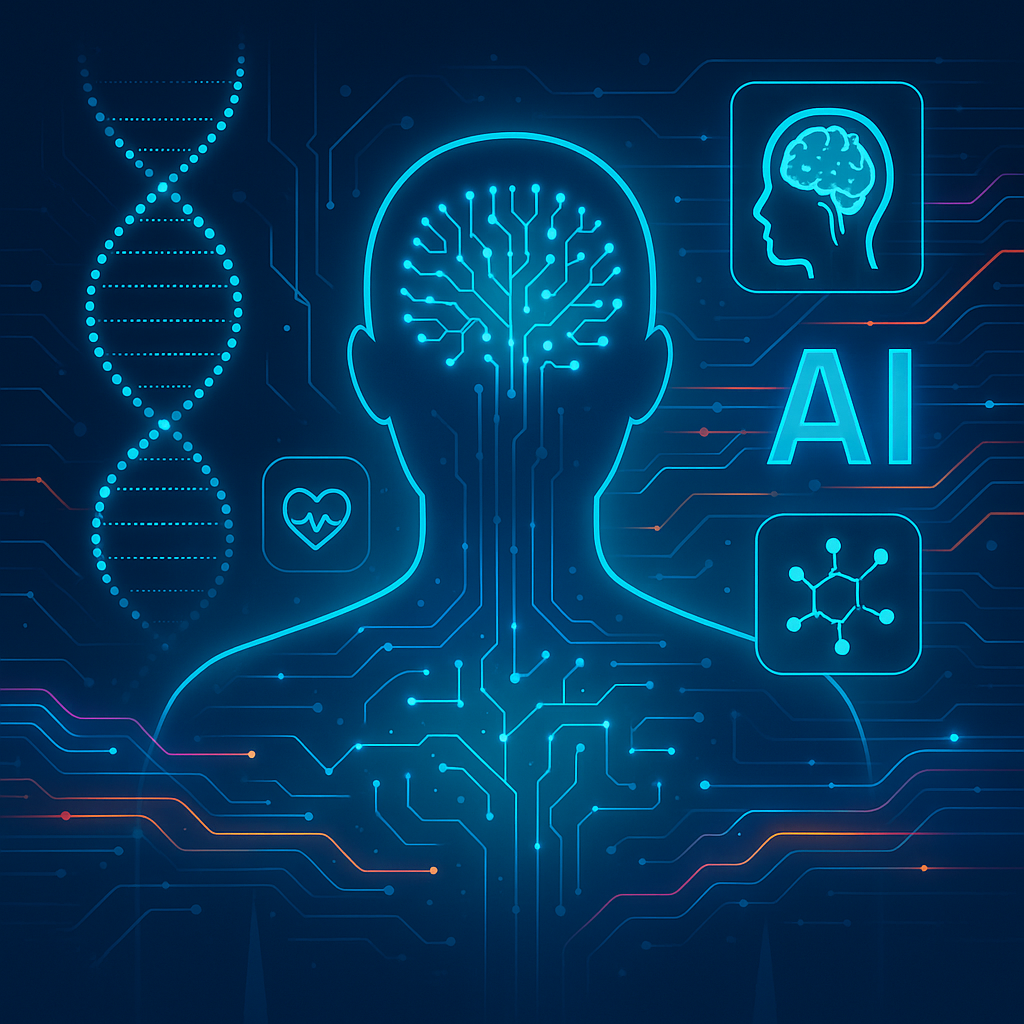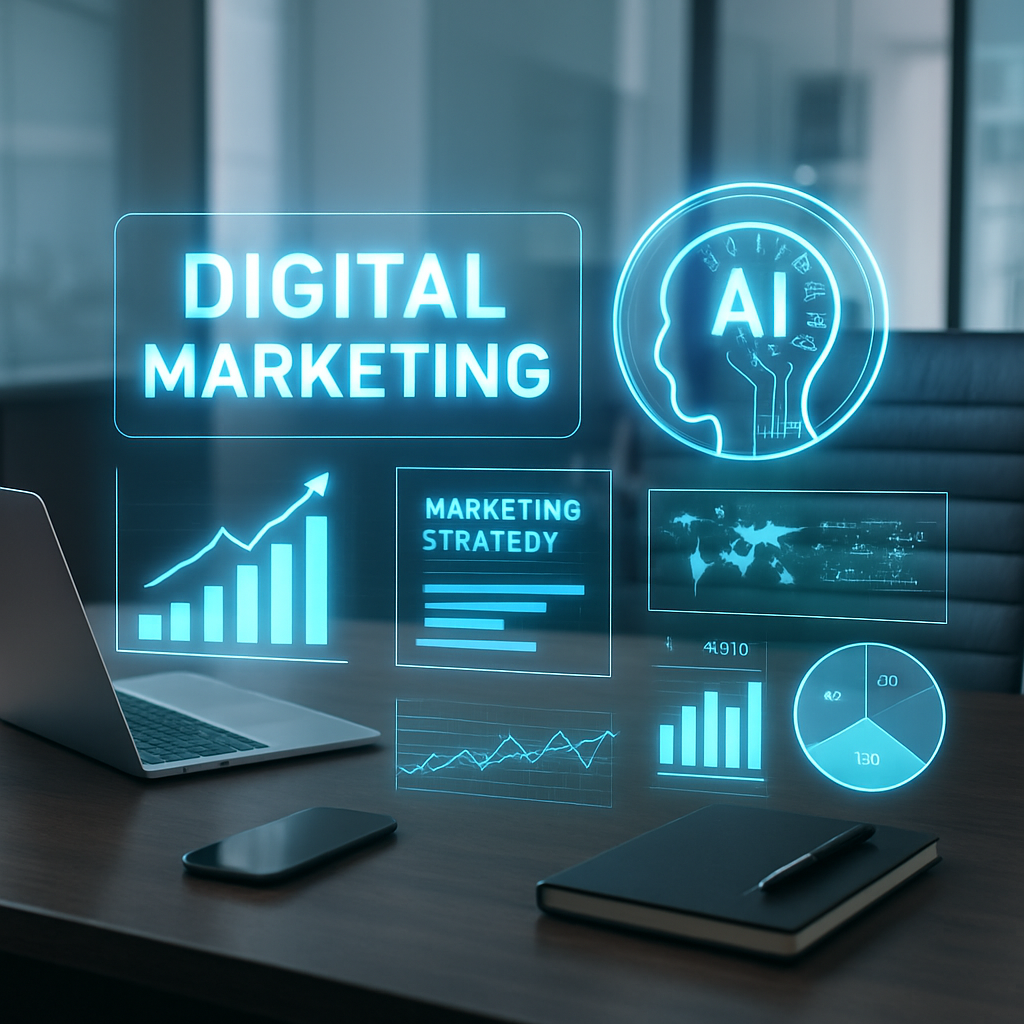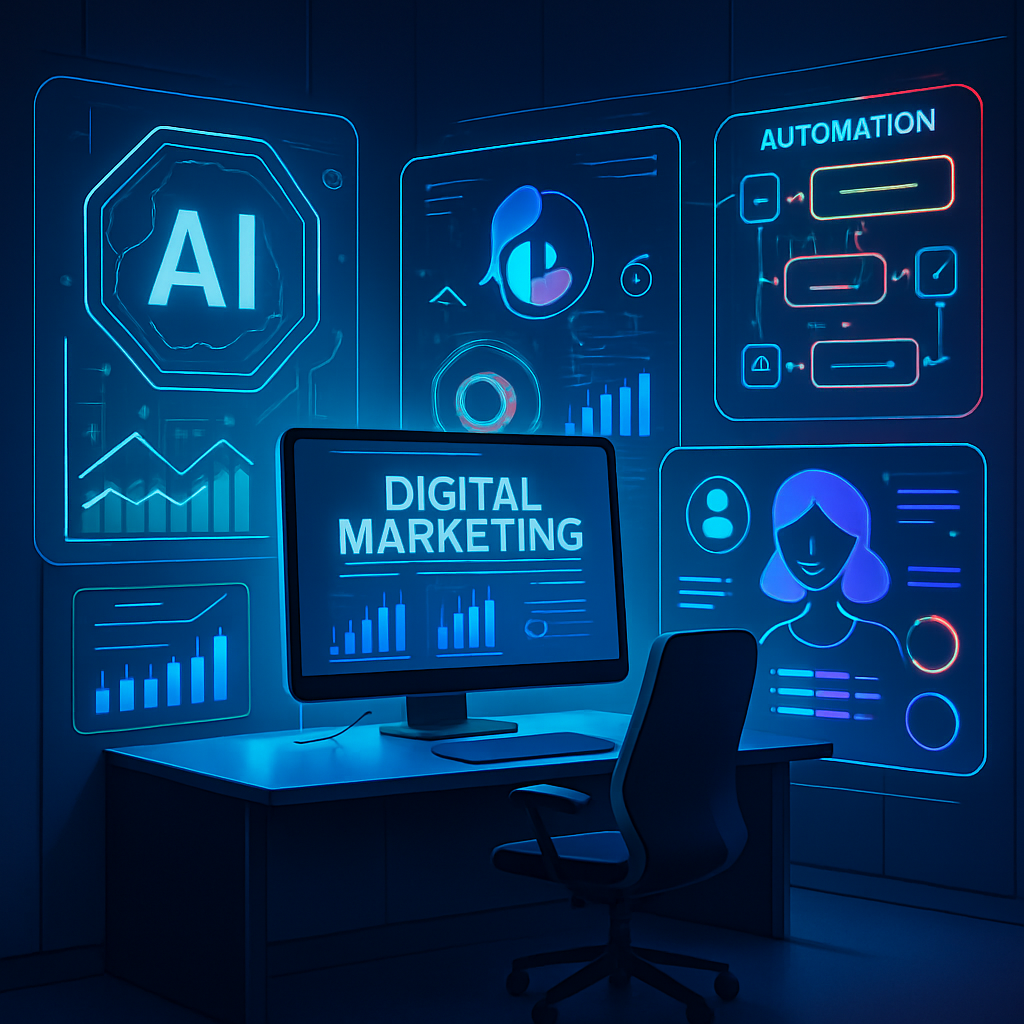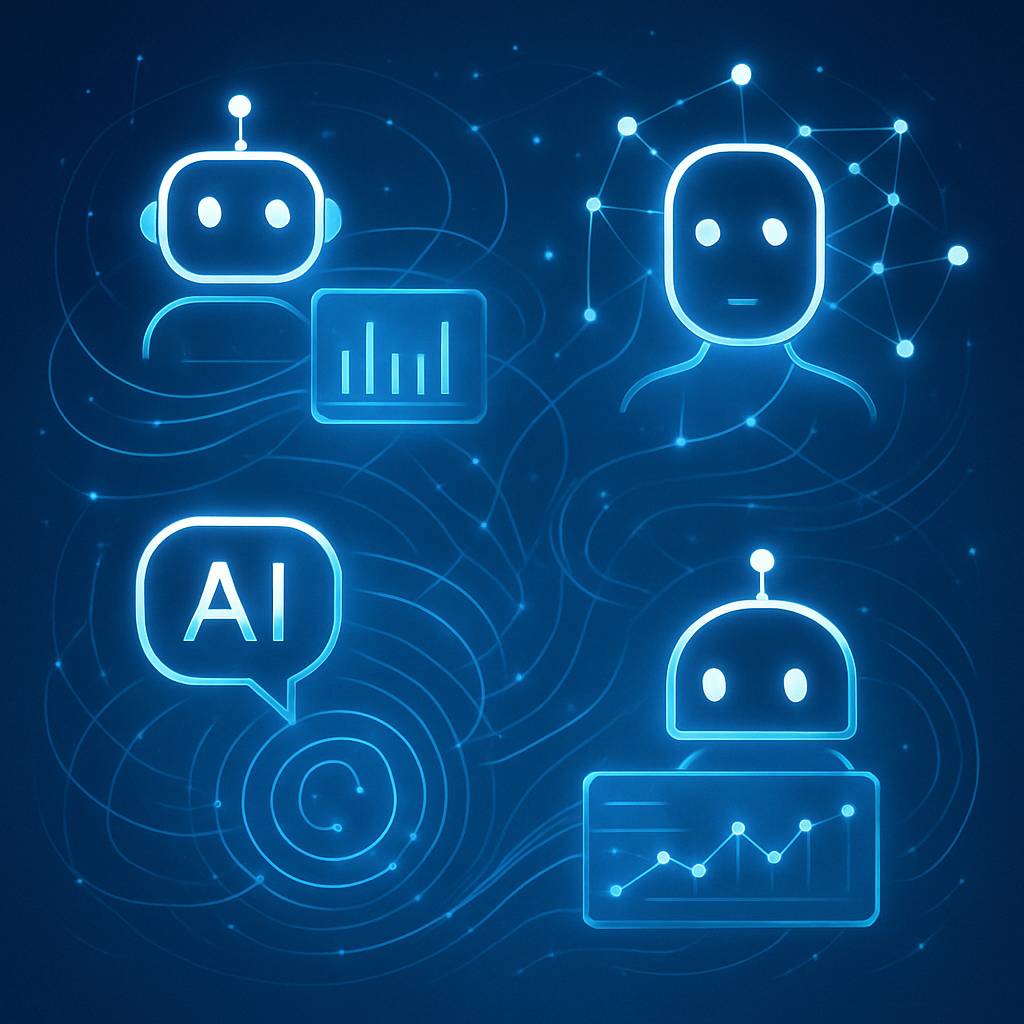
How Artificial AI is Shaping Personalized Healthcare Diagnostics in 2025
The Dawn of AI in Healthcare Diagnostics
In 2025, the fusion of artificial intelligence and personalized medicine is redefining how healthcare professionals diagnose diseases. Artificial AI systems, leveraging vast datasets and sophisticated algorithms, are moving beyond generalized treatment to provide patient-specific diagnostic insights. This paradigm shift is accelerating early disease detection, enhancing accuracy, and ushering in an era of tailored healthcare strategies.
Understanding Artificial AI: Beyond Traditional AI
While AI broadly refers to systems designed to mimic human intelligence, artificial AI in personalized healthcare embodies intelligent platforms that integrate multi-dimensional data — genomic, clinical, environmental, and lifestyle information — to generate holistic diagnostic assessments. Unlike narrow AI tools, artificial AI employs adaptive learning and contextual analysis, making it uniquely suited to parse complex biological variabilities inherent to individual patients.
Key Technologies Driving Personalized Diagnostics in 2025
1. Deep Learning Models with Multi-Omics Integration
Advanced deep learning architectures now process multi-omics datasets, combining genomics, proteomics, and metabolomics to unravel disease mechanisms at an unprecedented scale. For example, artificial AI systems analyze genetic markers alongside protein expressions to differentiate subtypes of cancers, enabling clinicians to pinpoint precise treatment pathways.
2. Real-Time AI-Powered Imaging and Pathology
Artificial AI enhances medical imaging diagnostics by automating image recognition and anomaly detection with high fidelity. Innovations such as AI-powered MRI and CT scans incorporate patient-specific variables, improving detection rates of subtle pathological changes like micro-metastases or early-stage neurodegeneration.
3. AI-Enabled Digital Biomarkers and Wearables
The integration of artificial AI with wearable devices provides continuous, granular health monitoring. By interpreting real-time physiological data with personalized baselines, these AI systems detect deviations indicative of disease progression or acute events — for instance, triggering early alerts for arrhythmias or glucose anomalies.
Practical Examples Highlighting Artificial AI’s Impact
Precision Oncology Diagnostics
Leading cancer centers have adopted artificial AI platforms that evaluate tumor heterogeneity using patient-specific molecular signatures combined with imaging data. This approach allows oncologists to stratify patients for targeted therapies more accurately, reducing unnecessary treatments and enhancing survival rates.
Personalized Cardiovascular Risk Assessments
Artificial AI models assimilate lifestyle factors, genetic predispositions, and diagnostic imaging to tailor risk scoring for cardiovascular diseases. This enables proactive, individualized intervention plans that address unique patient profiles rather than one-size-fits-all guidelines.
Neurological Disorder Early Detection
By leveraging artificial AI to analyze subtle changes in speech patterns, motor function captured via sensors, and brain imaging, clinicians can detect early signs of Parkinson's and Alzheimer's with unprecedented sensitivity. Early diagnosis fosters timely therapeutic approaches, potentially slowing disease progression.
Challenges and Ethical Considerations
Despite remarkable advancements, the deployment of artificial AI in personalized healthcare diagnostics poses challenges. Data privacy concerns, ensuring algorithmic transparency, and mitigating biases in training datasets remain critical to uphold patient trust and equitable care. Rigorous validation and continuous monitoring are essential to integrate AI systems safely and ethically.
The Road Ahead: Artificial AI's Transformative Potential
Looking forward, artificial AI is set to deepen its role, integrating with emerging fields such as digital twins — virtual patient models that simulate disease responses — and AI-guided molecular diagnostics. The confluence of these technologies promises a future where healthcare is anticipatory, personalized, and dynamically adaptive to each individual's health trajectory.
The evolution of artificial AI in personalized healthcare diagnostics exemplifies not just technological progress but a fundamental reimagining of medicine itself—where patients are understood as unique biological ecosystems rather than generalized case profiles. As 2025 unfolds, this transformative wave continues to redefine diagnostic precision, empower clinicians, and, ultimately, improve patient outcomes on a deeply personal level.







